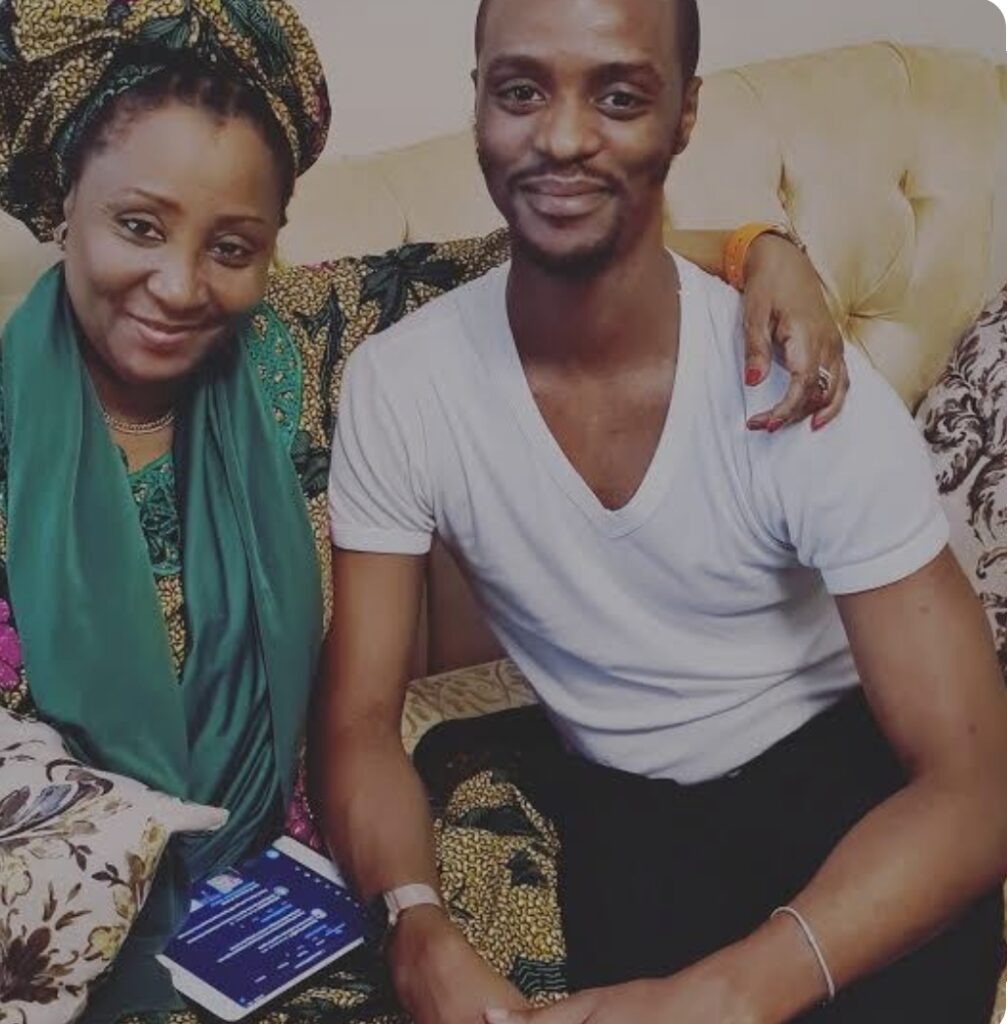
A public disagreement between Hadiza el-Rufai, the wife of former Kaduna State governor Nasir el-Rufai, and her son Bashir el-Rufai has spotlighted contrasting opinions within the family regarding President Bola Ahmed Tinubu’s administration. The exchange, which unfolded on X (formerly Twitter), centered on the presidency’s response to former President Olusegun Obasanjo’s remarks about the 2023 elections and the Independent National Electoral Commission (INEC).
Bashir ignited the controversy by calling Tinubu’s media team “ineffectual clowns” for their criticism of Obasanjo’s recent comments. Obasanjo, on Sunday, labeled the 2023 elections a “travesty” and advocated for reforms at INEC to enhance credibility and curb corruption. Responding through spokesperson Bayo Onanuga, the presidency dismissed Obasanjo’s critique, accusing him of orchestrating Nigeria’s most fraudulent election during his tenure and implementing detrimental economic policies.
In his critique, Bashir argued that the presidency’s priorities were misplaced, stating, “Instead of addressing inflation at 33 percent, they are attacking Obasanjo. A mental illness seems to be permeating the team.”
Hadiza el-Rufai countered her son’s criticism, questioning whether his stance would remain the same if his father were part of Tinubu’s administration. “Would you be saying this if your father were part of this government?” she asked.
Bashir’s response was unequivocal, asserting that his father would not tolerate the administration’s perceived failures. “If my father were part of this government, he would have dissociated himself by now,” Bashir replied.
Public Reactions
The unusual family spat has drawn significant public attention, with many on social media offering varied interpretations of the dispute. While some lauded Bashir for his candidness, others questioned whether his criticism stemmed from genuine concerns or political disillusionment.
This incident highlights broader frustrations with the Tinubu administration, particularly concerning rising inflation and economic challenges. It also underscores the increasingly vocal criticism from unexpected quarters, including individuals previously aligned with the ruling party.
As the debate continues, the el-Rufai family’s clash has become a microcosm of the larger national discourse on governance, transparency, and accountability.

